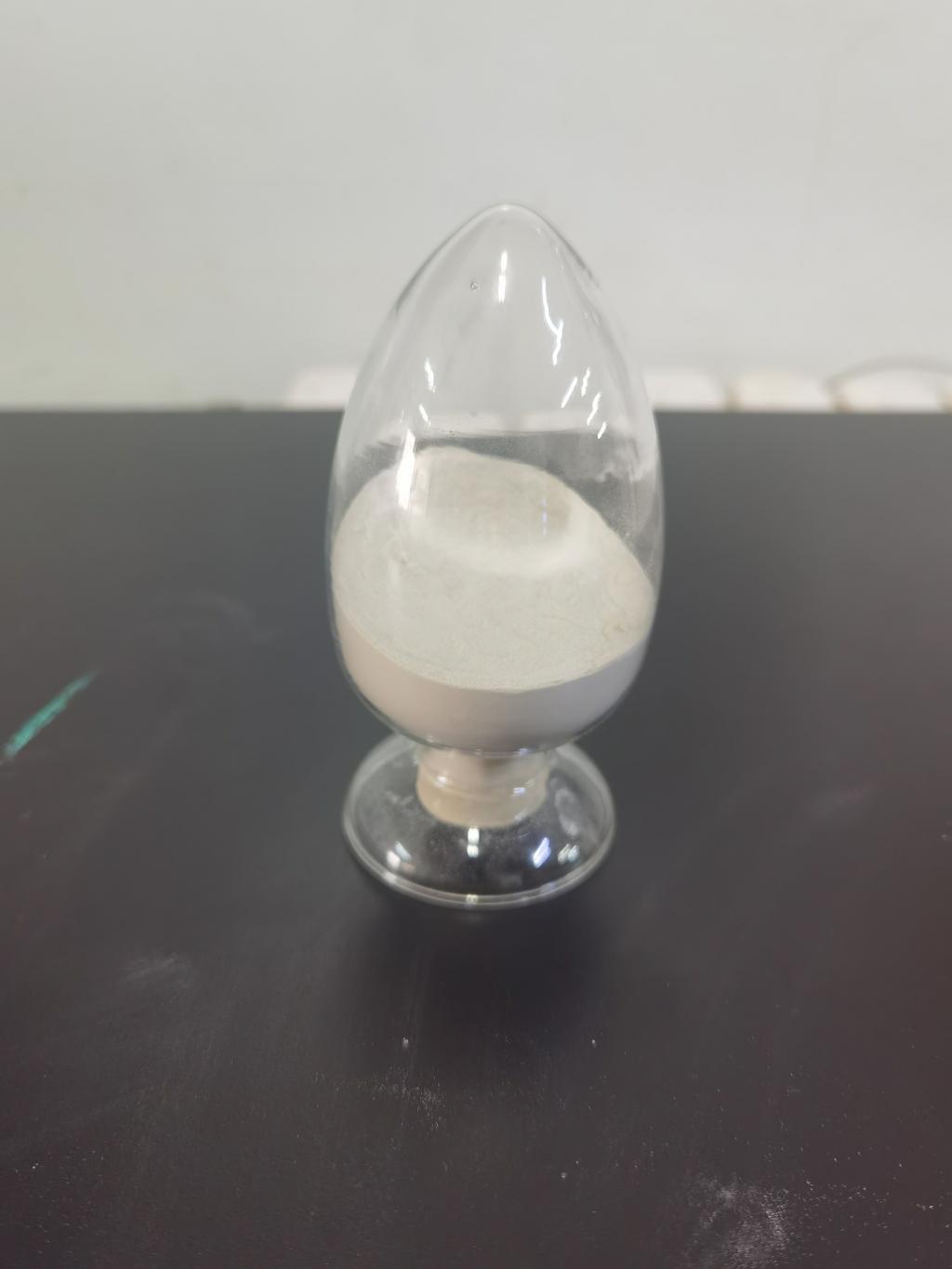Tel:+8618231198596

News
 CONTACT
CONTACT
 CONTACT
CONTACT
- Linkman:Linda Yao
- Tel: +8618231198596
- Email:linda.yao@dcpharma.cn
- Linkman:CHARLES.WANG
- Department:Overseas
- Tel: 0086 0311-85537378 0086 0311-85539701
News
The safety of Nisin has been extensively evaluated, supporting its regulatory approval.
TIME:2024-07-10
Mechanism of Action
The primary mode of action of nisin involves binding to lipid II, a precursor molecule involved in bacterial cell wall synthesis. This binding disrupts cell wall formation, leading to pore formation and cell death in susceptible Gram-positive bacteria. Importantly, nisin's mechanism is selective, targeting pathogenic bacteria while sparing beneficial microbes, which contributes to its safety profile in both food and biomedical applications.
Safety Evaluation in Food Applications
1. GRAS Status (Generally Recognized as Safe)
In the United States, nisin has been designated as Generally Recognized as Safe (GRAS) by the Food and Drug Administration (FDA) for use as a food preservative. This status is granted based on extensive scientific evidence demonstrating its safety when used within approved limits in various food products, including dairy, meat, beverages, and bakery items.
2. Evaluation by EFSA (European Food Safety Authority)
Similarly, the European Union's EFSA has evaluated nisin's safety and established acceptable daily intake levels. EFSA's assessments are based on comprehensive reviews of toxicological data, including studies on acute and chronic toxicity, genotoxicity, carcinogenicity, and reproductive toxicity. These evaluations confirm that nisin poses no significant risk to human health when used as directed in food production.
3. Other Regulatory Approvals
Nisin has also been approved for use in food products by regulatory agencies in other regions, including Canada, Australia, and Japan. These approvals reflect consensus among global regulatory bodies regarding the safety of nisin for consumption.
Safety Evaluation in Biomedical Applications
Beyond its use in food, nisin's safety has been evaluated for potential biomedical applications, including its antimicrobial, anticancer, and wound healing properties. Although these applications require additional specific evaluations, the foundational safety data from food applications provide a robust starting point for further exploration in medical contexts.
Toxicological Studies and Findings
Toxicological studies have consistently demonstrated the safety of nisin. Key findings include:
Acute Toxicity: Nisin has low acute toxicity, with no adverse effects observed at high doses in animal studies.
Chronic Toxicity: Long-term exposure studies have shown no evidence of cumulative toxicity or organ damage.
Genotoxicity: Nisin has been evaluated for genotoxic potential and found to be non-mutagenic and non-carcinogenic.
Reproductive and Developmental Toxicity: Studies have shown no adverse effects on fertility, pregnancy outcomes, or offspring development.
Challenges and Considerations
Despite its favorable safety profile, challenges remain in the adoption of nisin for biomedical applications. These include optimizing formulations for specific medical uses, ensuring effective delivery systems, and addressing potential interactions with other medications or therapies. Continued research and clinical trials are essential to fully elucidate nisin's safety and efficacy in medical contexts.
Future Directions
Future research directions for nisin focus on expanding its applications in both food and biomedical fields. This includes exploring synergistic effects with other antimicrobial agents, developing novel formulations to enhance bioavailability, and conducting further studies to support its use in treating bacterial infections, cancer, and wound healing.
Conclusion
The safety of nisin has been rigorously evaluated through extensive toxicological studies and regulatory assessments, supporting its approval for use as a food preservative and laying the groundwork for potential biomedical applications. Its selective antimicrobial activity against Gram-positive bacteria, coupled with its minimal impact on beneficial microbiota, underscores its importance in modern food safety and healthcare practices. As research continues to advance, nisin's role is expected to expand, offering innovative solutions to enhance food preservation, combat infectious diseases, and improve health outcomes globally.
- Tel:+8618231198596
- Whatsapp:18231198596
- Chat With Skype







